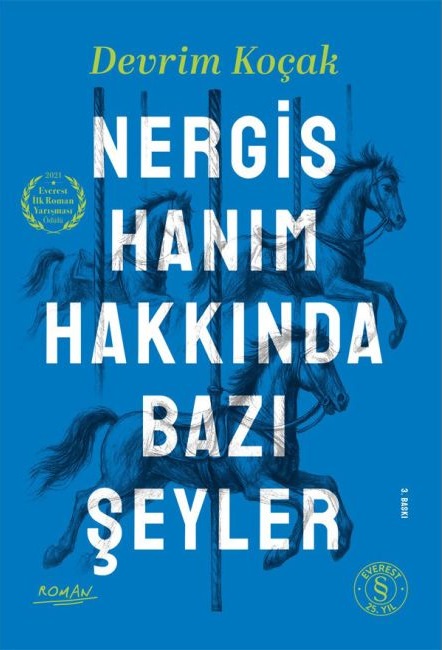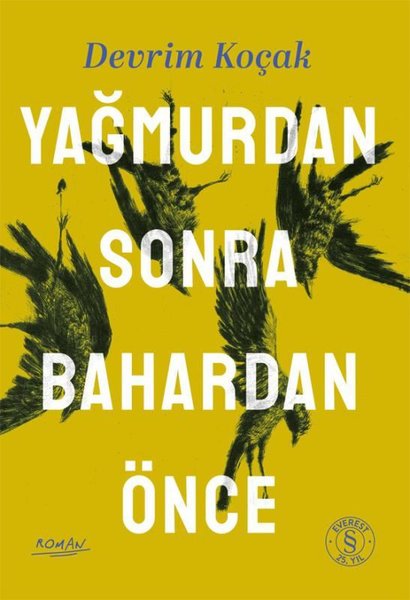What could Josef K. be guilty of? “Your crime is that you asked that question.”
Josef K.’s crime is an allegory for the political and existential tragedy of the modern individual. This ambiguous accusation in Kafka’s The Trial is not merely a legal enigma, but a radical critique of the nature of power, the subject’s helplessness before the system, and the ontological “guilt” of humankind.
- The Totalitarian Logic of Power: “Crime Is Disobedience Itself”
An Arendtian Reading of Totalitarianism: Josef K. has surrendered to the system’s arbitrary judicial mechanism. The ambiguity of crime reflects the strategy of totalitarian regimes to “legalize the illegal” (Arendt, The Origins of Totalitarianism). Crime is the potential to question the very existence of the system – K.’s mere refusal to recognize the court’s authority is enough.
Agamben’s “Homo Sacer”: K. has the status of a “sacred man” (homo sacer): the law punishes him but grants him no rights. His crime is being an object of biopolitical power (Foucault).
- The Internalized Guilt of Capitalist Morality
Marx’s Theory of Alienation: K., a bank employee, is a cog in the bourgeois order. His crime is ignoring the anonymous violence of this system. The court is the invisible judge of capitalism – a manifestation of Weber’s “iron cage.”
Lukács’s “Reification”: K.’s crime is forgetting his own humanity in a world of commodified relations. The court forces him to accept this alienation.
- Existential Guilt: “Being Human Is a Crime”
Kierkegaard’s Concept of “Anxiety”: K.’s crime is his “refrain from making choices.” The court judges him as an obstacle to authentic existence (Heidegger). His crime is his “inability to be himself.”
Sartre’s “Bad Faith”: K. denies his freedom by accepting the court as an absolute authority, like the “thing-in-itself” (en-soi). His crime is his denial of his own subjectivity.
- Biopolitical Guilt: “Life Itself Is the Target of Power”
Foucault’s “Disciplinary Society”: K.’s crime is his inability to resist the surveillance of normalizing power. The court is a panoptic apparatus – K. feels guilty for being constantly monitored.
Butler’s “Fragile Life”: K.’s body is a political object of violence. His crime is his inability to resist the “unlivable life” created by power.
- Kafka’s Political Theology: “If God Is Dead, Law Is Meaningless”
Benjamin’s “Critique of Violence”: The court’s law is a manifestation of mythical violence (ruleless, purposeless). K.’s crime is his failure to recognize this primordial violence.
Schmitt’s Theory of “Sovereignty”: The court perpetuates the “state of exception.” K.’s crime is his attempt to understand the sovereign’s arbitrariness—whereas, for Schmitt, the sovereign is “one who establishes the law by stepping outside the law.”
Conclusion: Crime is the Ontological Condition of Power
Josef K.’s crime is the very essence of being a subject in the modern world.
Politically: Power legitimizes itself by producing crime.
Philosophically: Man is already a criminal “thrown into the world” (Geworfenheit).
Kafka’s terrifying observation: “The law knows only the law’s desire.”
K.’s execution is less a punishment than an attempt by the system to conceal its own meaninglessness. Kafka whispers to us:
“Your crime is that you ask this question.”


